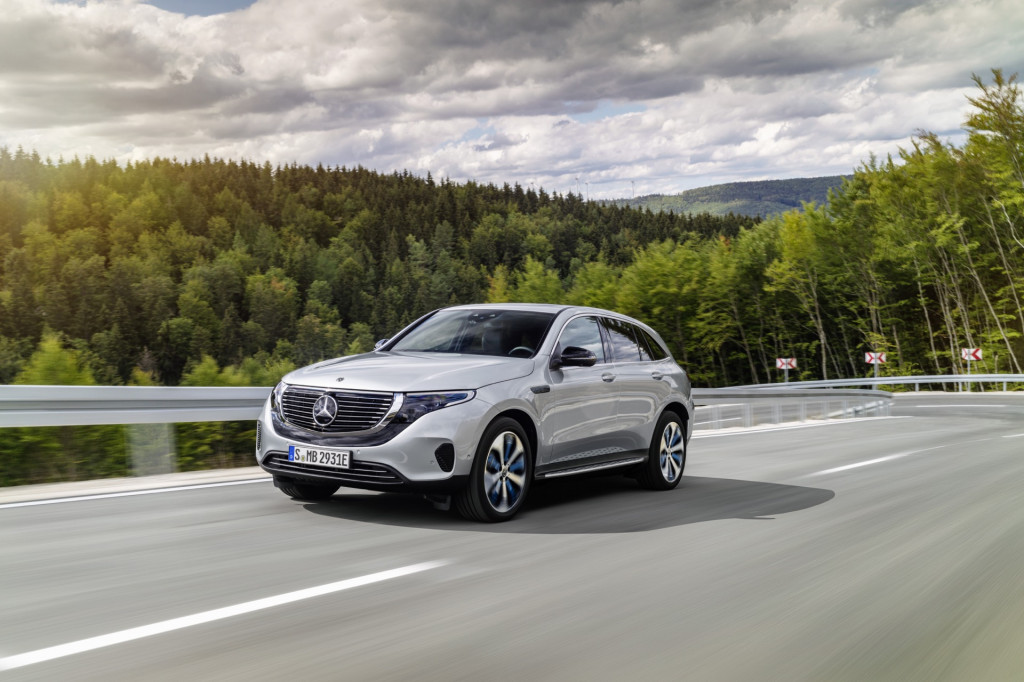Diesel cars have historically been the default choice in Europe, but that is no longer the case.
In September 2020, new-car registrations of electrified vehicles—including hybrids, plug-in hybrids, and all-electric cars—overtook diesel for the first time in Europe, according to analysis from consultancy JATO. It was only by a small amount, however.
Together, hybrids, plug-in hybrids, and electric cars made up 25% of new-car registrations in Europe for September, the firm said. This is only the second time electrified vehicles have counted for more than 20% of new-car registrations, it said.
Diesel registrations were 24.8% of the total for September, according to JATO, down from 50% a decade ago.

Monthly registrations by fuel type in Europe - JATO Dynamics
With the overall European new-car market showing only 1.2% growth in September, gasoline and diesel-car registrations saw double-digit drops from September 2019. At the same time, registrations of electrified vehicles saw a 139% increase year-to-year, with 327,800 cars registered.
Hybrids and mild hybrids represented 53% of that total, growing volume 124% from September 2019.
However, electric-car sales have also surged in Europe this year, with advocacy group Transport & Environment predicting EVs will account for 10% of European new-car sales for the year. That's up from 3% in 2019.

2021 Mercedes-Benz EQC
Sales have likely been helped by stricter emissions standards that went into effect January 1, which has left automakers scrambling to fill their showrooms with electric cars, or purchase emissions credits to make up for shortfalls.
However, the inequity of the European economy could become an obstacle to further growth. While rich countries like Germany can wield incentives and infrastructure programs to increase EV sales, recent analysis has found that poorer countries lag behind in EV adoption.
Globally, EV sales are expected to gain market share out of the coronavirus pandemic—although the United States recovery might not be as strong.
